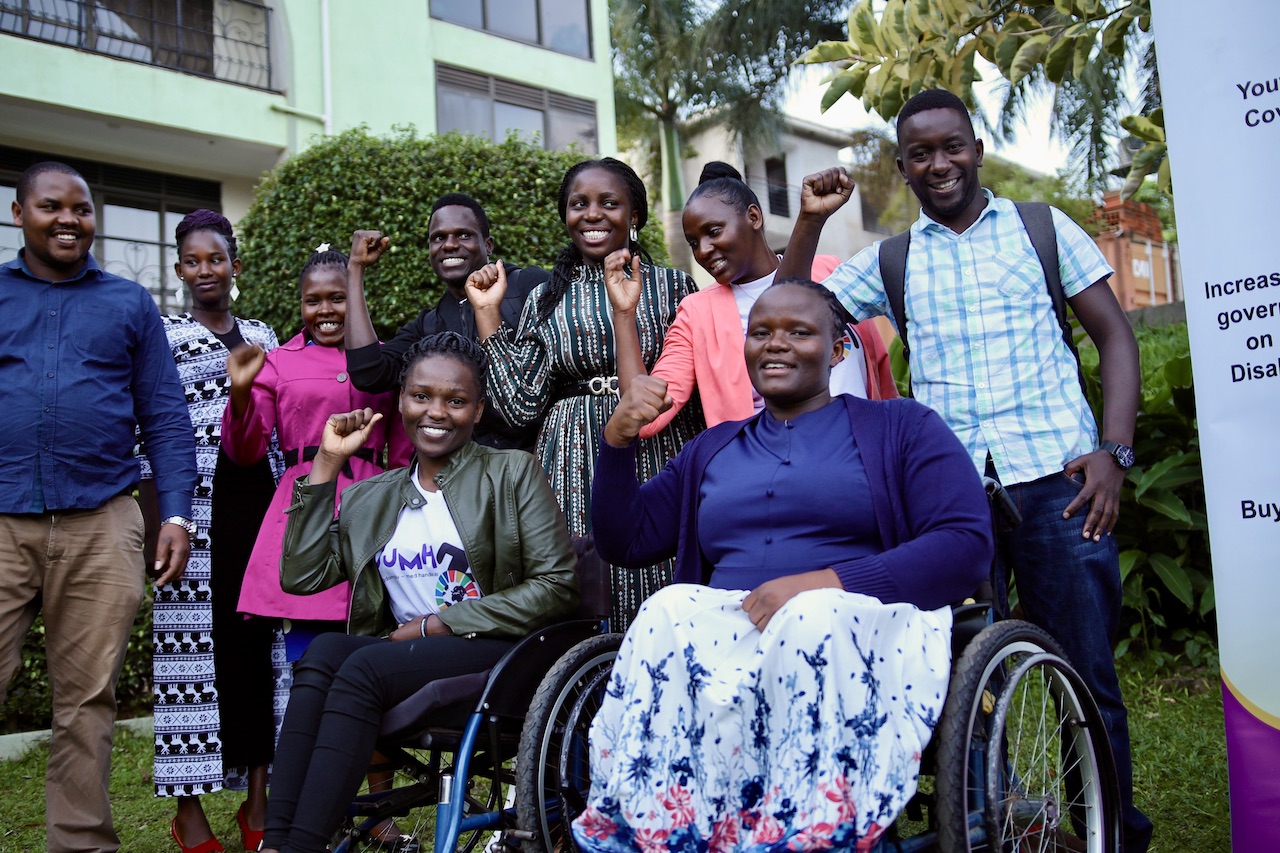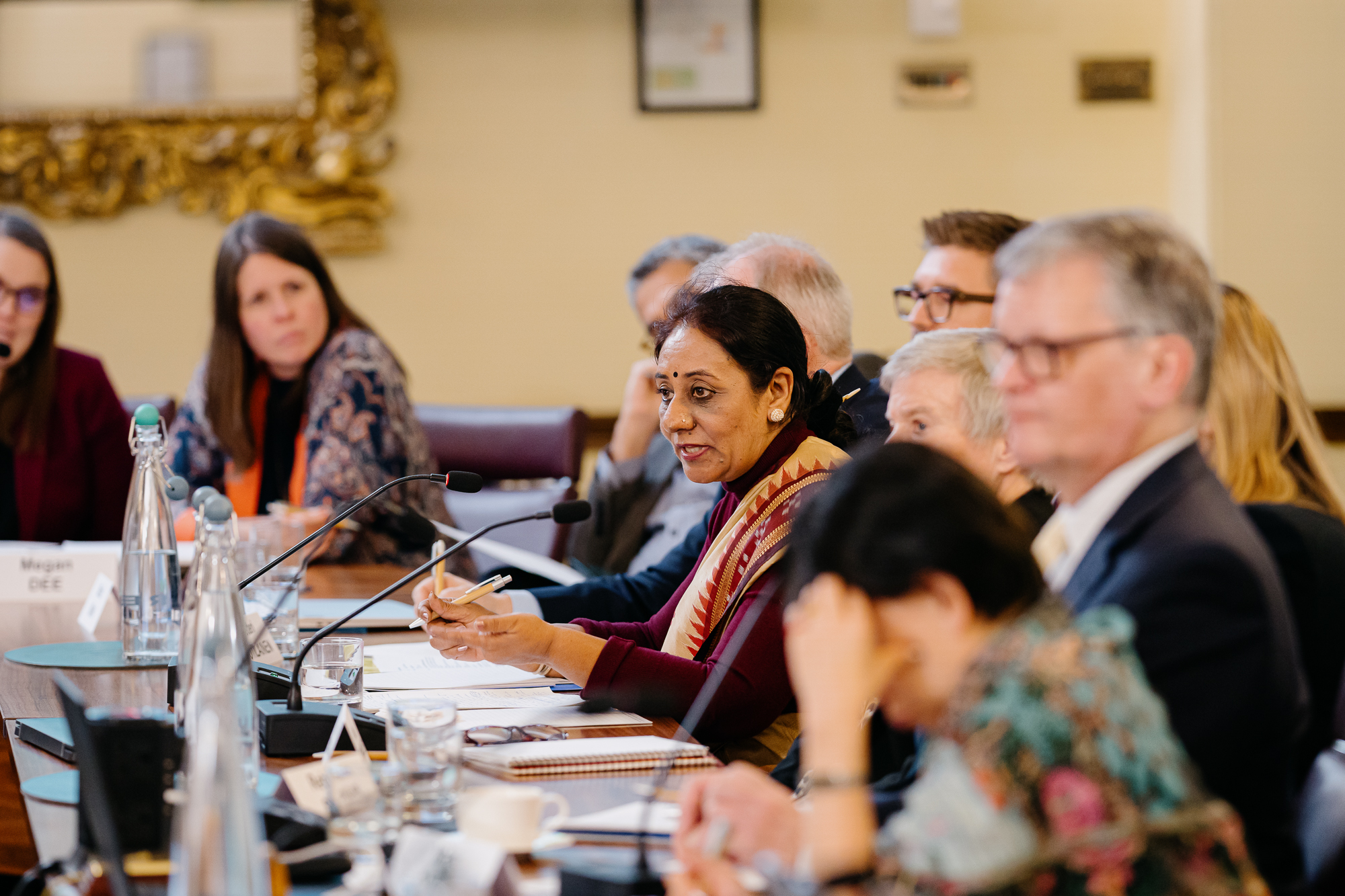In partnership with the Swedish Institute in Alexandria and Casa Árabe in Cordoba, this conference identified the opportunities and constraints in women’s economic involvement and economic empowerment in the private sector in the MENA region.
UN Women’s annual report 2011-2012 highlights gender discrimination as a vast economic burden. Almost one billion women worldwide fall short of their potential economic contribution due to gender based barriers in decision making and leadership, labour markets, financial services and education and training. Evidence shows that countries with greater equality are more competitive and grow faster. In 2012, the World Bank projected that elimination of all forms of discrimination against women in the workplace could increase productivity per worker by up to 40 per cent.
For countries in the Middle East and North Africa (MENA), investments in human capital, increased levels of female educational attainment and indications of delayed age of marriage have not yet translated substantially into increases in women’s participation in economic life.
In the private sector, the OECD estimates that by further enabling and fostering women the region could increase its GDP growth per capita by as much as 25%. Only 1.2% of managers in the MENA region are female, compared to an 18.6% average worldwide, and one in eight women in the region lead their own business, compared to one in three men. At present, women’s level of employment is much higher in the public sector across the MENA, which ESCWA reports is related to educated urban women’s preference for the better opportunities the public sector offers for a work-life balance.
Countries undergoing transition in the region also face additional challenges of rebuilding economies and infrastructure, revitalising industry and finding jobs for the growing mass of unemployed. The development of strong economies that enable all citizens to enhance their livelihoods is crucial.
Focusing on Egypt, Libya, Tunisia, Morocco, Iraq and the Palestinian Occupied Territories, the conference:
- identified the opportunities and constraints in women’s economic involvement, particularly in private sector employment in the Middle East;
- examined pathways to women’s economic empowerment and share lessons learned – examples include widows or lone women breadwinning for their families, and women’s entrepreneurship;
- gained greater understanding of the needs and perspectives of local activists, religious and secular, for promoting greater gender equality in the economy;
- and identified potential areas of co-operation between government, business and civil society, and best practice in economic engagement in the private sector and promotion of inclusivity.
Report
Further information
Inaugural edition of ‘Nina‘, a quarterly journal in English and Arabic promoting women’s economic empowerment in Iraq and the Middle East












